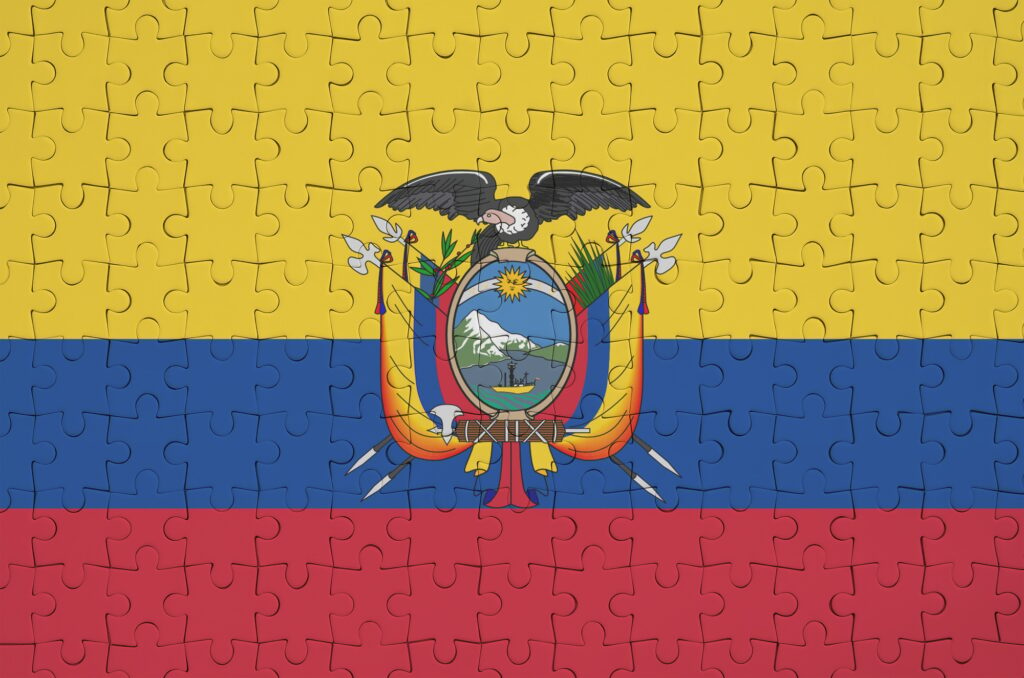Key Takeaways
- Longer waiting times: Ecuador’s shift to an online visa system has increased application processing times from 10 calendar days to 30 business days, causing significant delays.
- Reason for delays: The electronic system requires detailed data verification and adds workload for government officials.
- Impact on foreigners: Delays complicate job start dates, relocation plans, and general scheduling for applicants and their employers.
Ecuador’s move to the eVISAS system aimed to modernize immigration processing, promising efficiency, transparency, and accessibility. At its core, the idea seemed straightforward: shift from in-person interactions to a streamlined, digital workflow. However, the reality has proven to be far more complex. Instead of speeding things up, the new system has introduced significant delays, creating unforeseen challenges for applicants. Foreign nationals, who previously relied on the relatively fast in-person process that took around 10 calendar days, now face extended waiting periods of up to 30 business days—a substantial increase that disrupts personal and professional plans.
This shift to eVISAS reflects broader trends in global digitalization, but the execution has stumbled. Part of the delay stems from the need for rigorous manual review of online submissions. While digital systems were expected to reduce bureaucracy, the actual implementation has, paradoxically, increased the administrative burden. Immigration officials must now navigate a dual challenge: learning the intricacies of the new platform while managing a growing backlog of applications. The shift has also revealed technical inefficiencies within the system itself, such as slow processing speeds and occasional errors, which further hinder progress.
Moreover, the human element cannot be ignored. Many applicants find the online process less intuitive than anticipated, leading to incomplete or incorrectly filled applications that require additional reviews. For some, particularly older applicants or those without consistent access to digital tools, the new system feels less like an upgrade and more like a barrier. The change has left foreign nationals and their employers struggling to adapt, as delays cascade into missed job start dates, rescheduled relocations, and financial uncertainties.
What was meant to be a leap toward progress has instead become a case study in the challenges of digital transformation, raising questions about the balance between innovation and practicality. For now, Ecuador’s immigration process is caught in a transitional phase, leaving those navigating it in a state of prolonged uncertainty.
What caused this slowdown? The electronic process means applicants submit all their documents online, but the actual review still relies on human officials. While digital systems are designed to streamline processes, they also require manual verification to ensure the accuracy and authenticity of submitted information. Immigration officials must now cross-check digital submissions with existing records, a step that often involves reconciling discrepancies or following up with applicants for missing details. This additional scrutiny, though necessary to prevent errors and fraud, inherently slows down the processing pipeline.
Moreover, the shift to the new system has brought its own set of challenges. Many staff members are still adjusting to the operational changes introduced by the eVISAS platform. Training programs for government personnel, while ongoing, may not have adequately prepared them for the sudden influx of online applications. Technical issues, such as system outages or incomplete integration with legacy systems, further exacerbate delays, leaving both applicants and administrators frustrated.
The complexity of applications themselves also contributes to the backlog. Certain visa categories, such as Work Contract or Permanent Residency visas, involve detailed evaluations that require collaboration across multiple departments. In the past, in-person submissions allowed immediate clarifications and corrections, which expedited decision-making. The digital system, while convenient for applicants, eliminates this face-to-face interaction, leading to prolonged back-and-forth communications via email or the platform.
These delays have hit foreign workers particularly hard. For employers relying on international talent, processing lags can mean weeks of stalled productivity, postponed project deadlines, and increased costs as they struggle to fill critical roles. Small businesses, in particular, face significant disruptions when key hires are unable to start on time. For foreign nationals, the extended waiting periods create a ripple effect, impacting everything from housing arrangements to family relocations. Planning becomes a guessing game, with many left in limbo, unsure when—or if—they’ll receive their visa in time.
Additionally, the new system’s lack of clarity and user support has only added to applicants’ woes. Many report difficulty navigating the platform, encountering unclear instructions, or facing long response times when seeking assistance. Combined with the extended processing periods, this lack of support has eroded trust in the system’s efficiency.
Key advice for applicants: plan for extra time to complete your visa process and avoid travel or job disruptions. Ensure that all submitted documents are thorough and accurate to minimize delays caused by requests for additional information. Employers, too, should build flexibility into their hiring timelines, anticipating possible setbacks. Ecuador’s digital leap may ultimately lead to smoother processes and reduced corruption, but in its current state, it presents more hurdles than help. For now, patience and meticulous preparation are essential tools for navigating this challenging transition.










